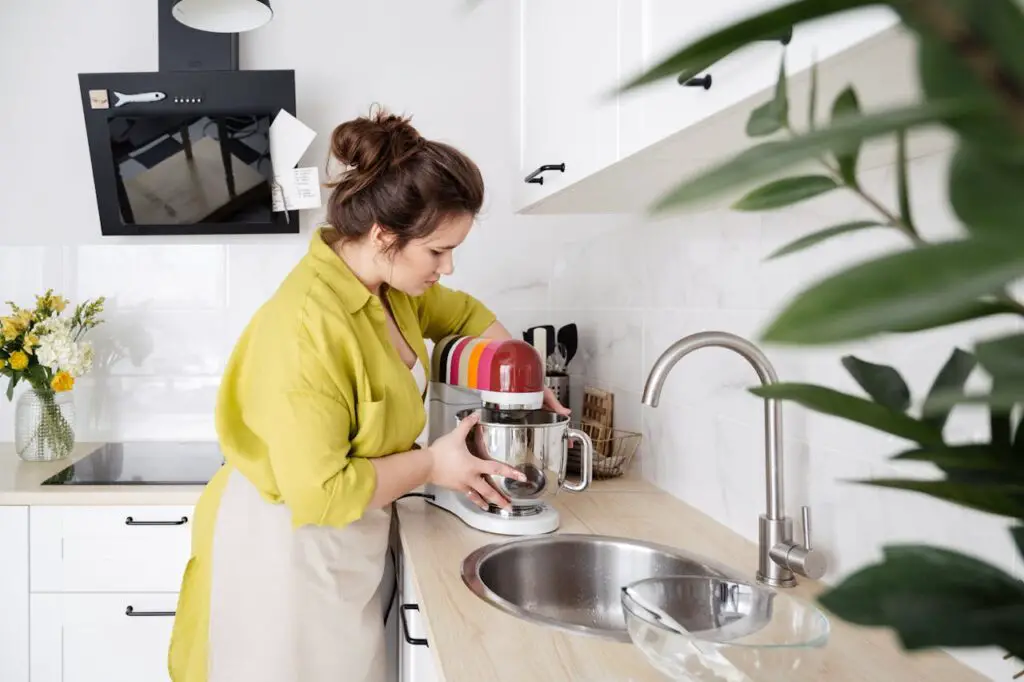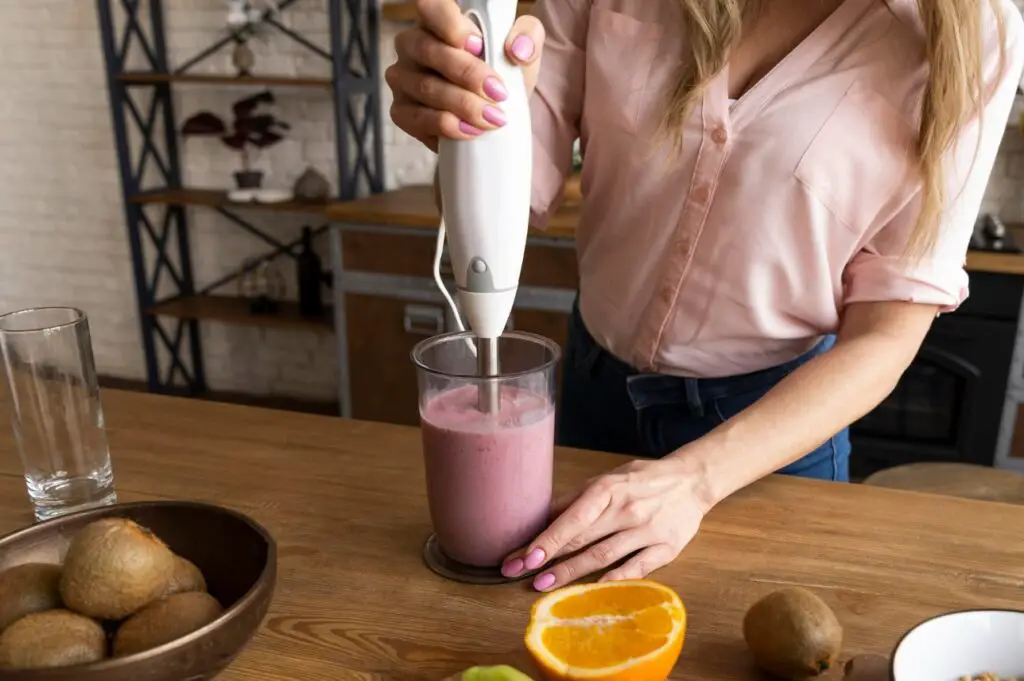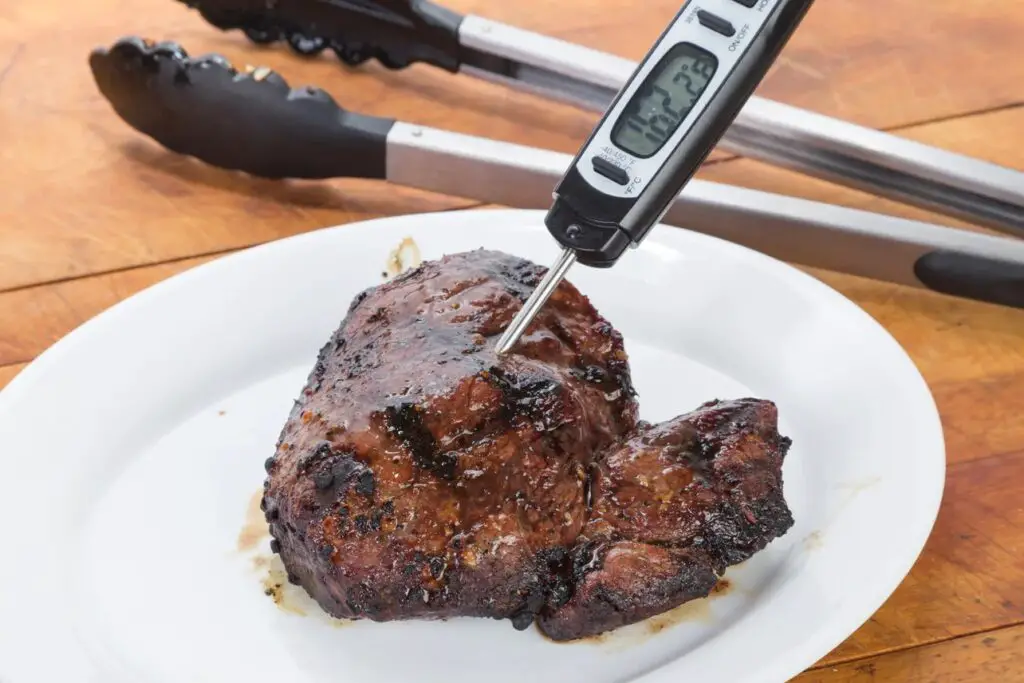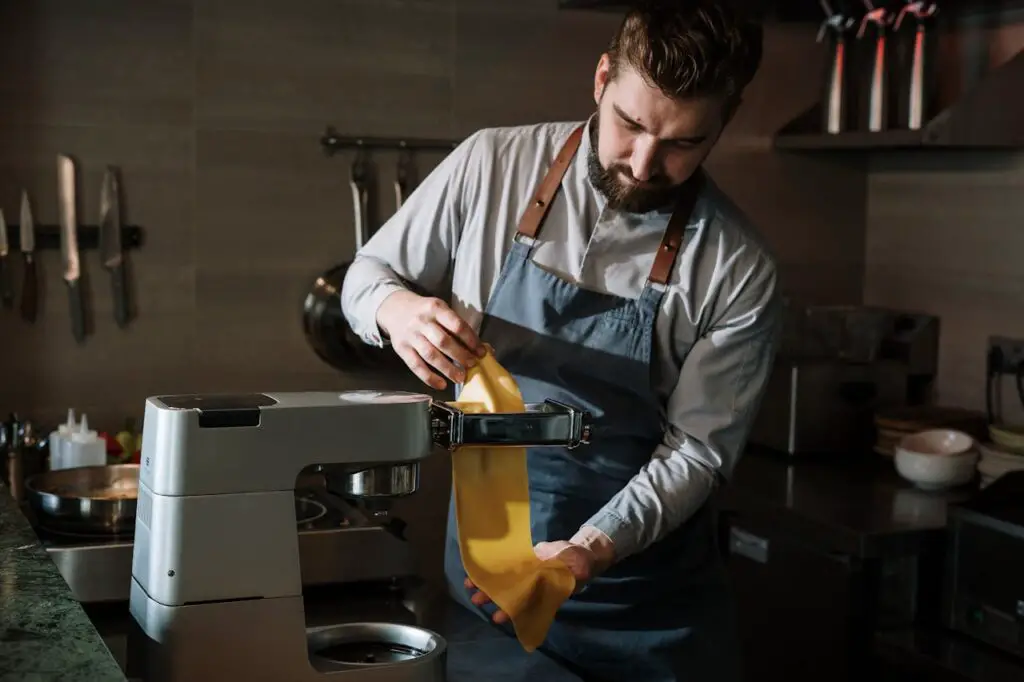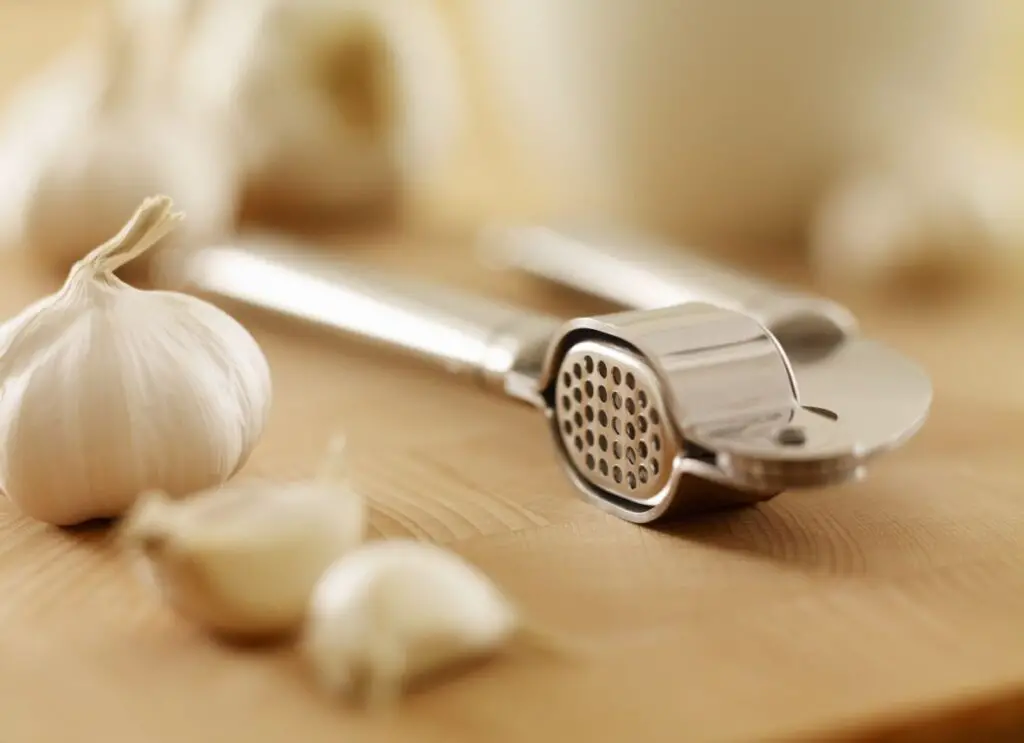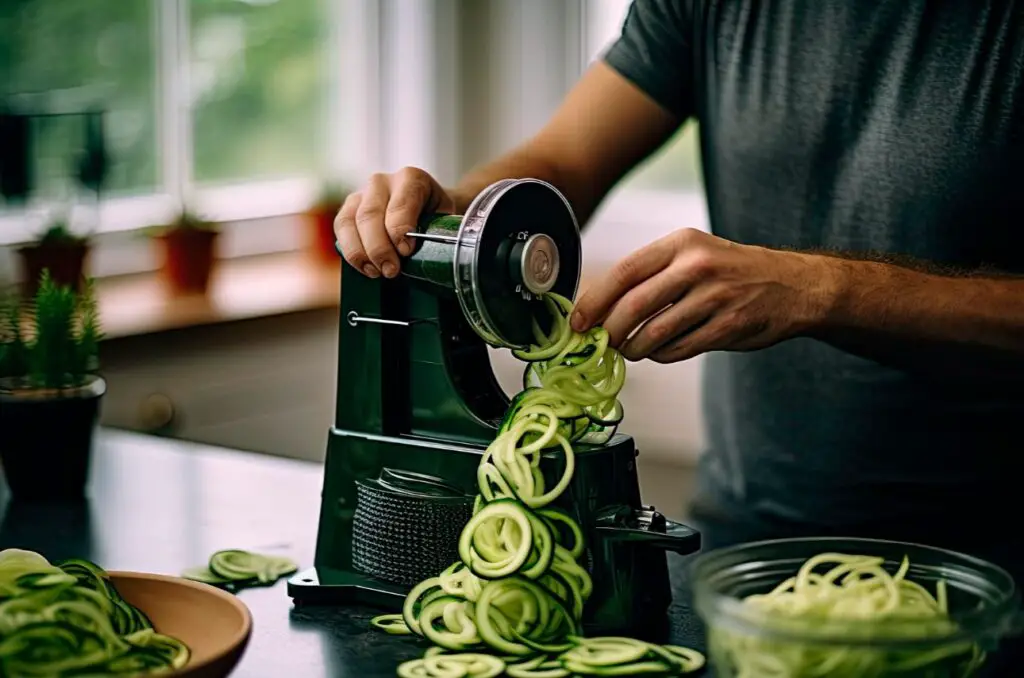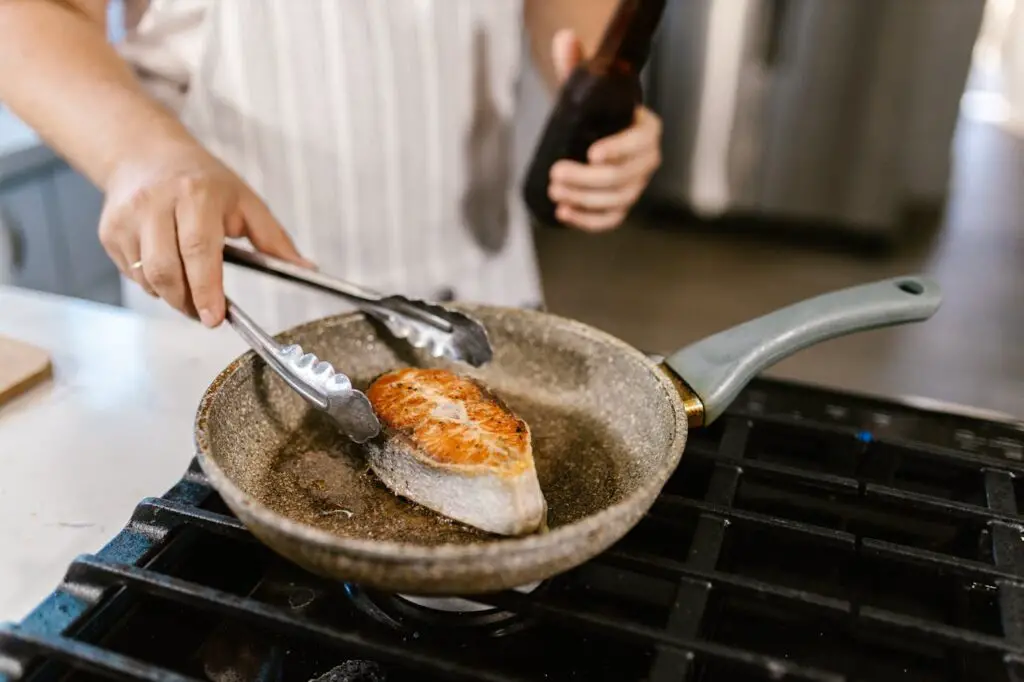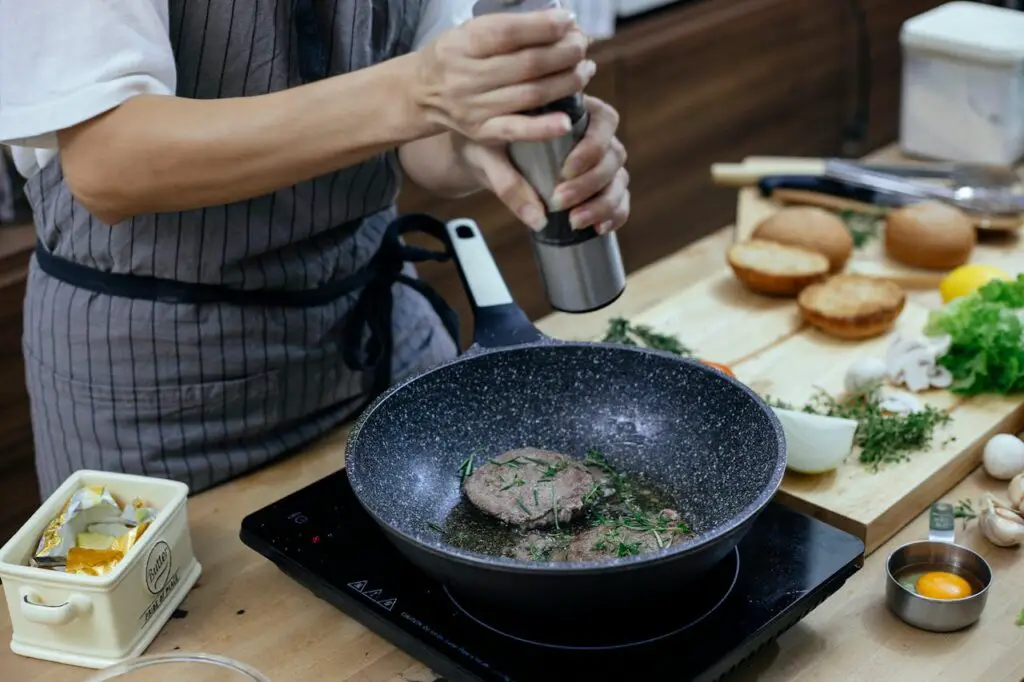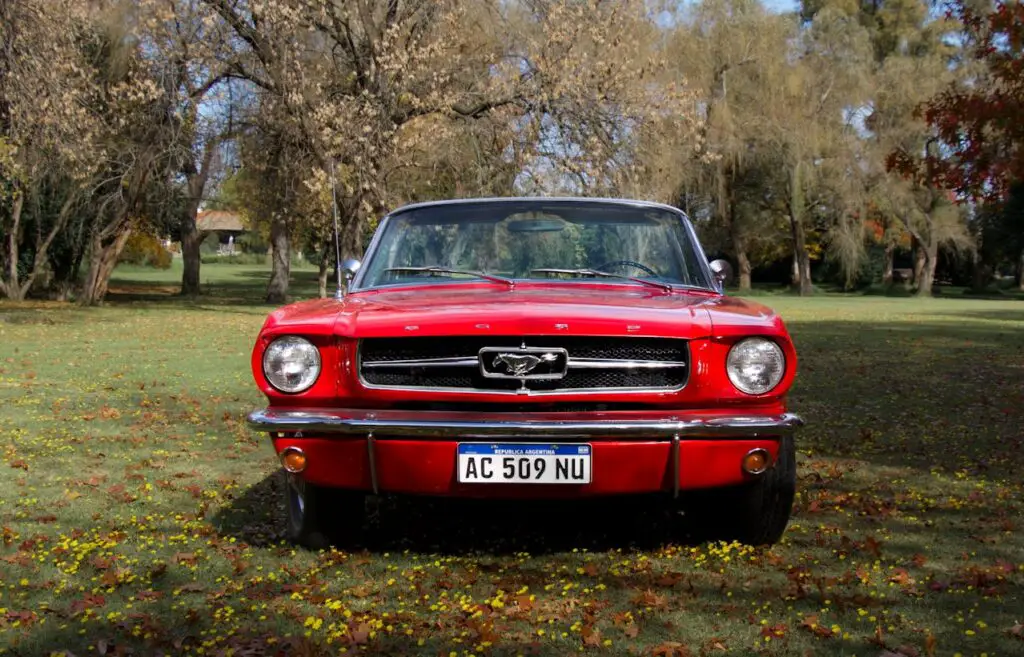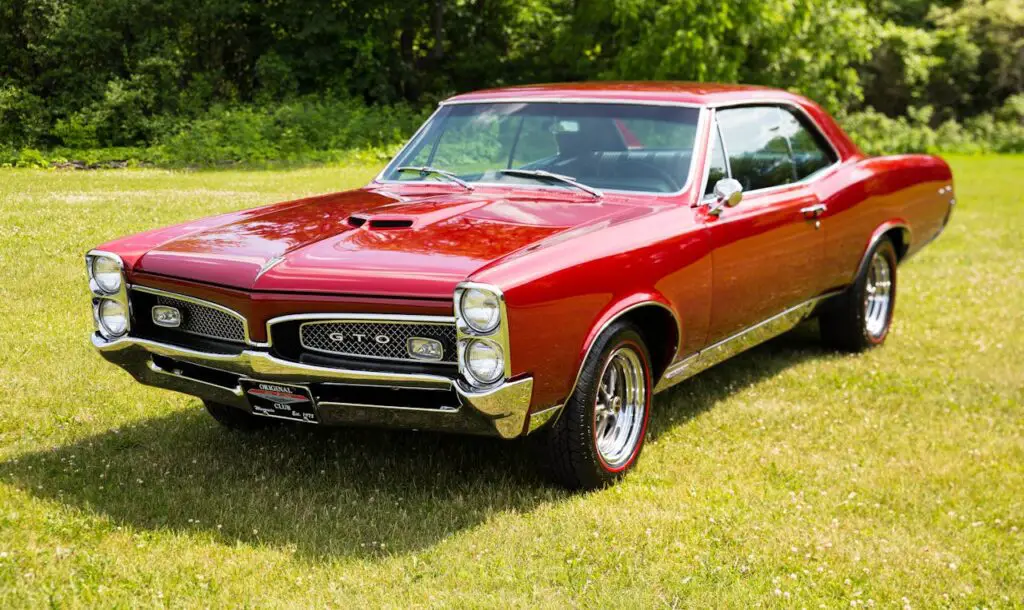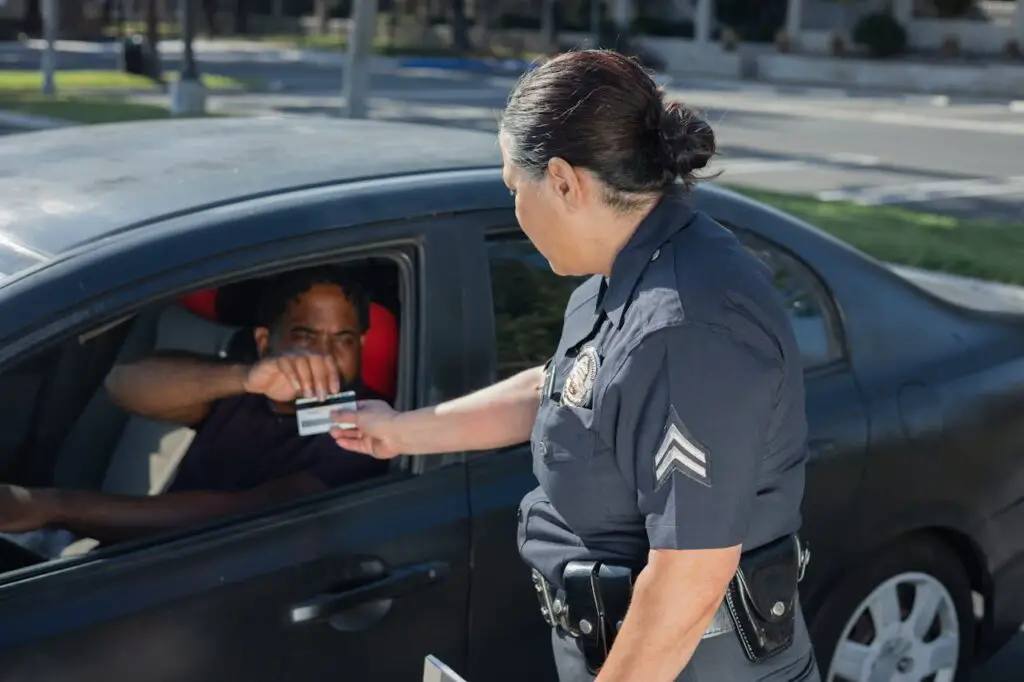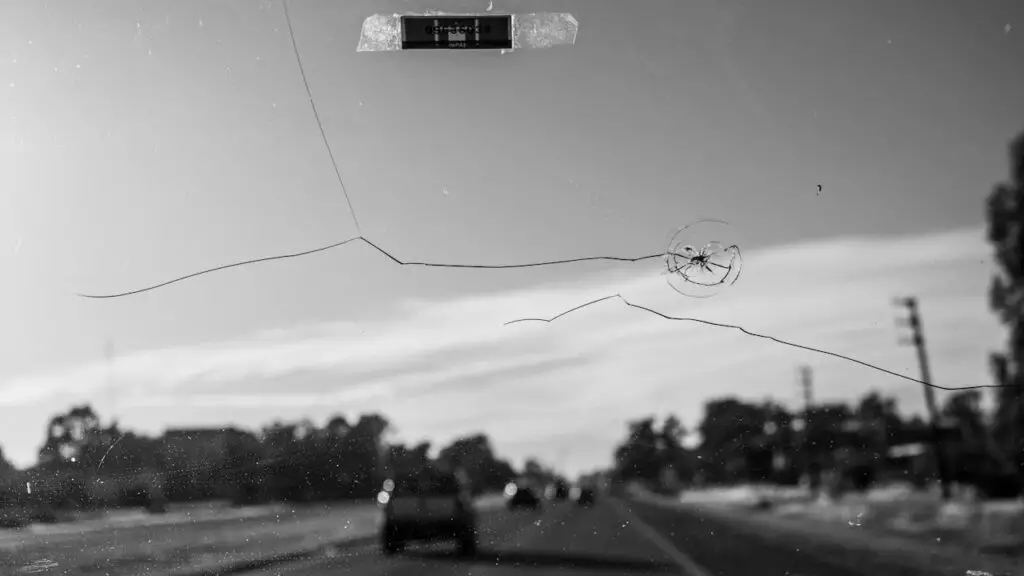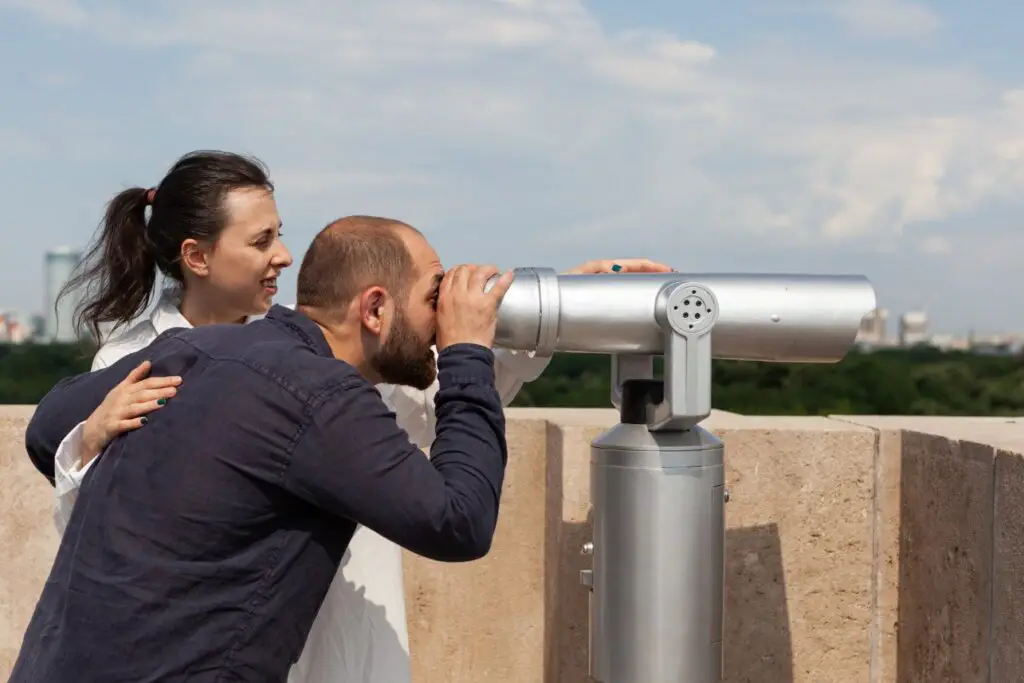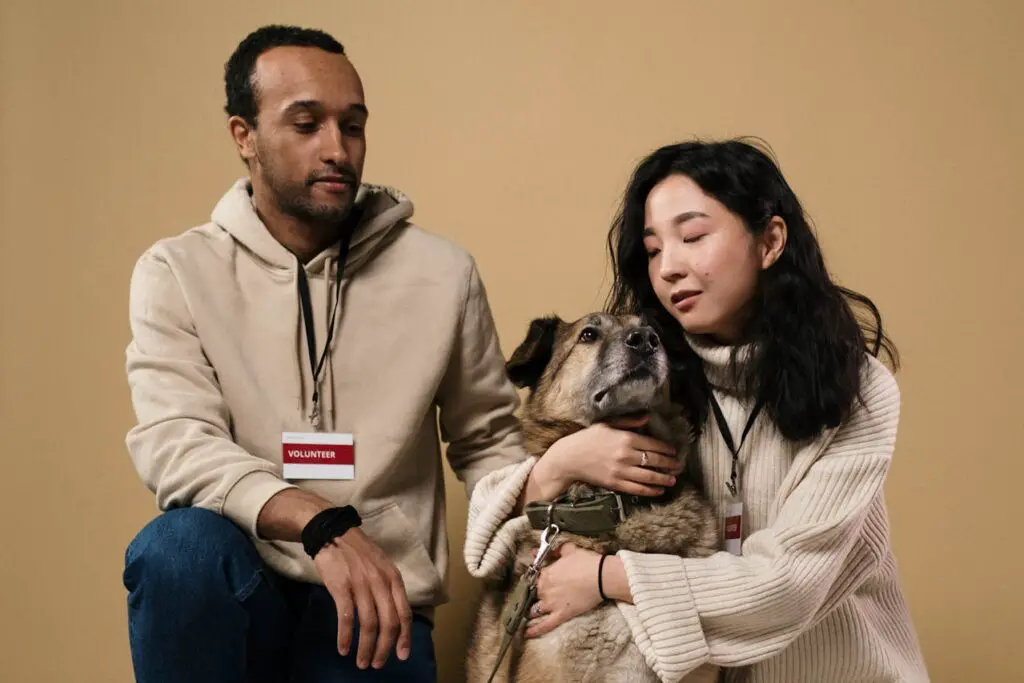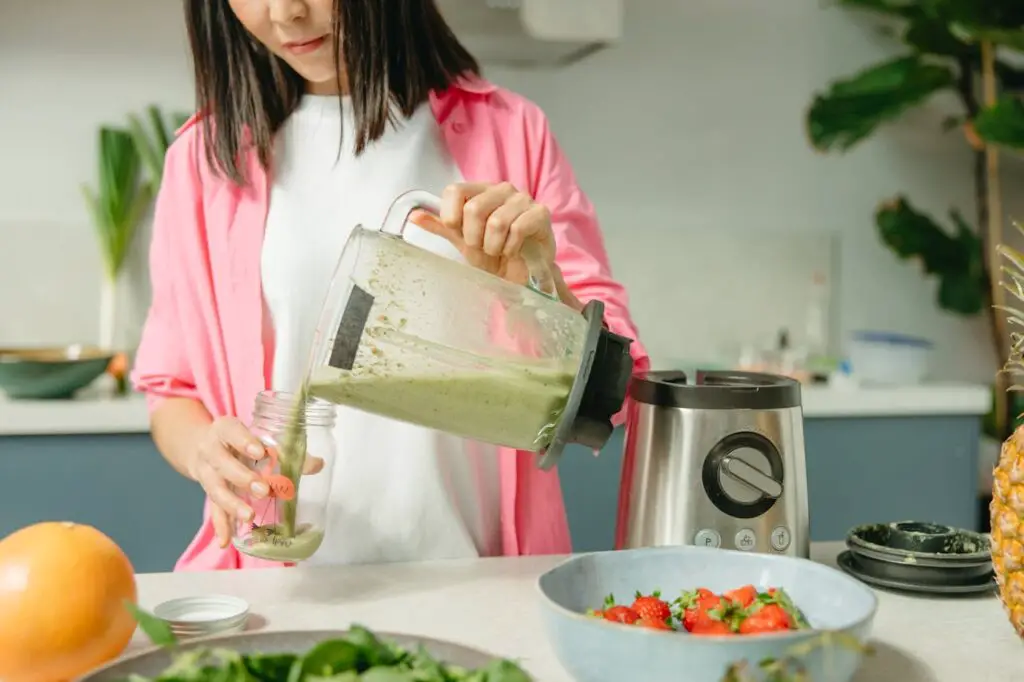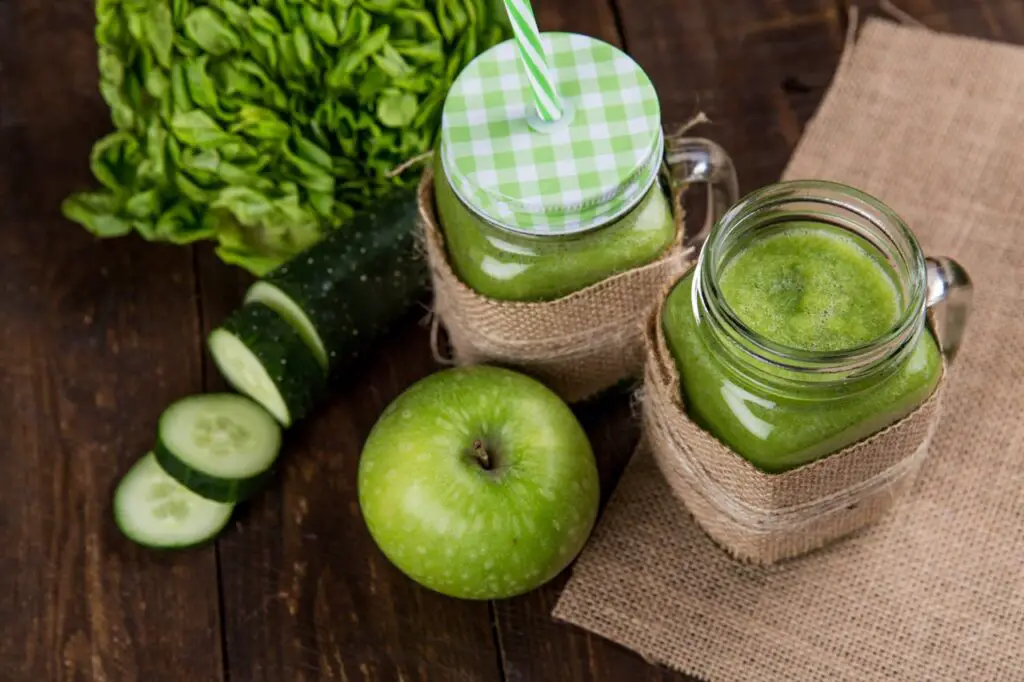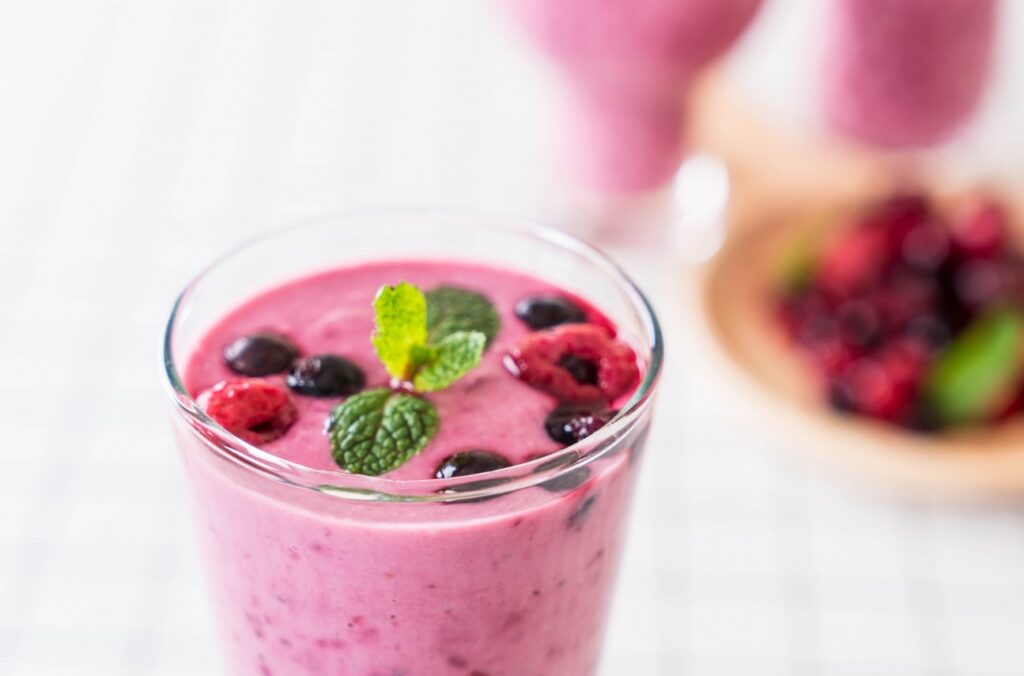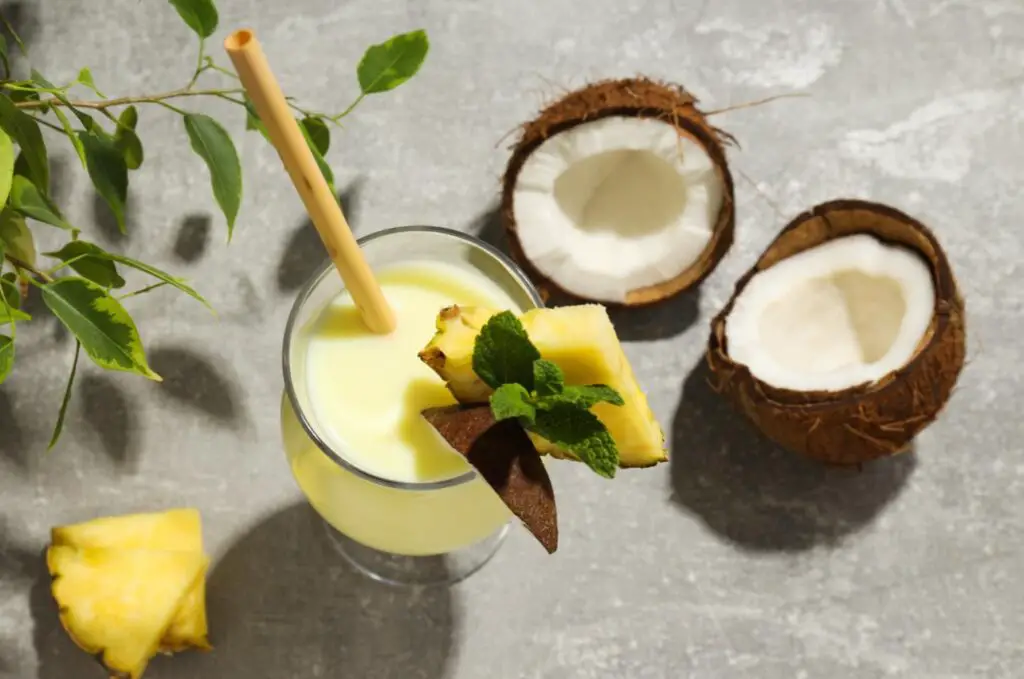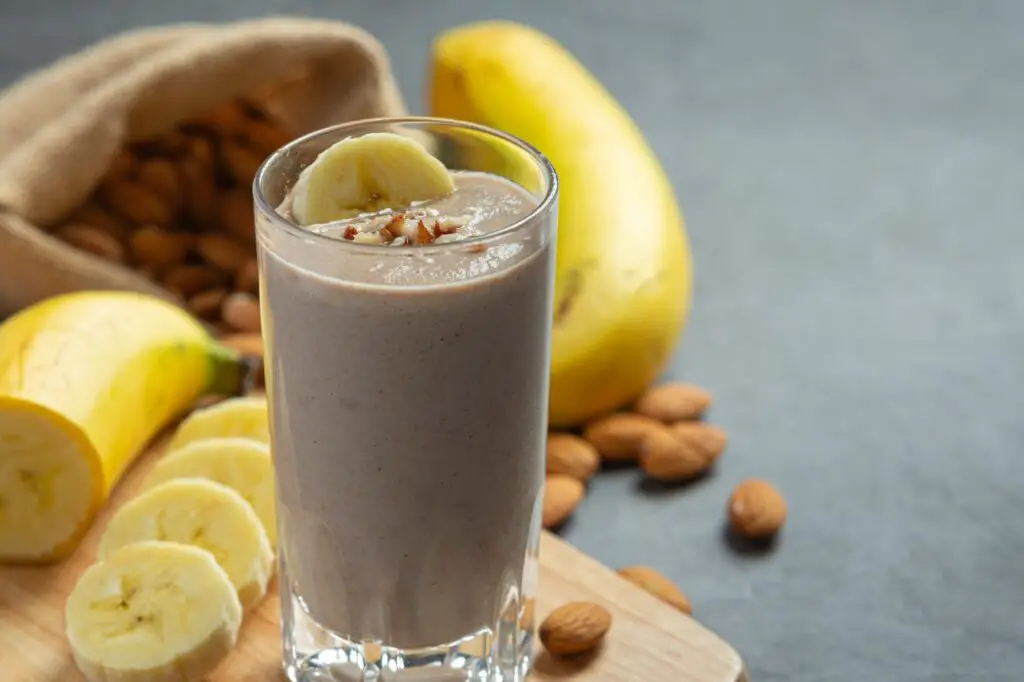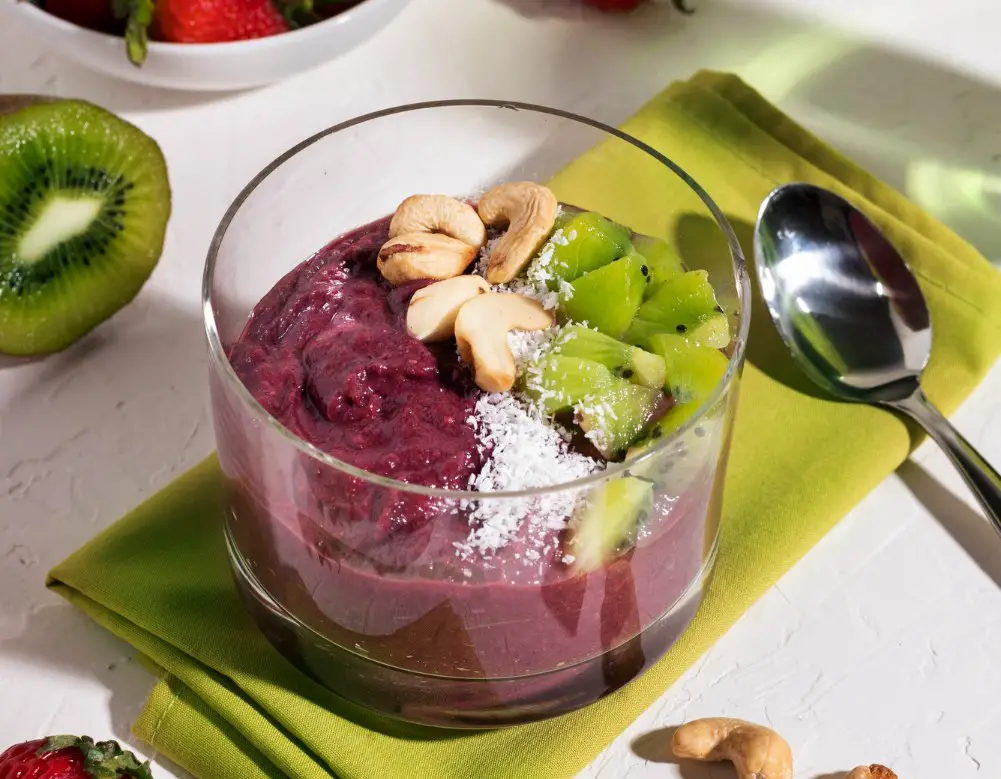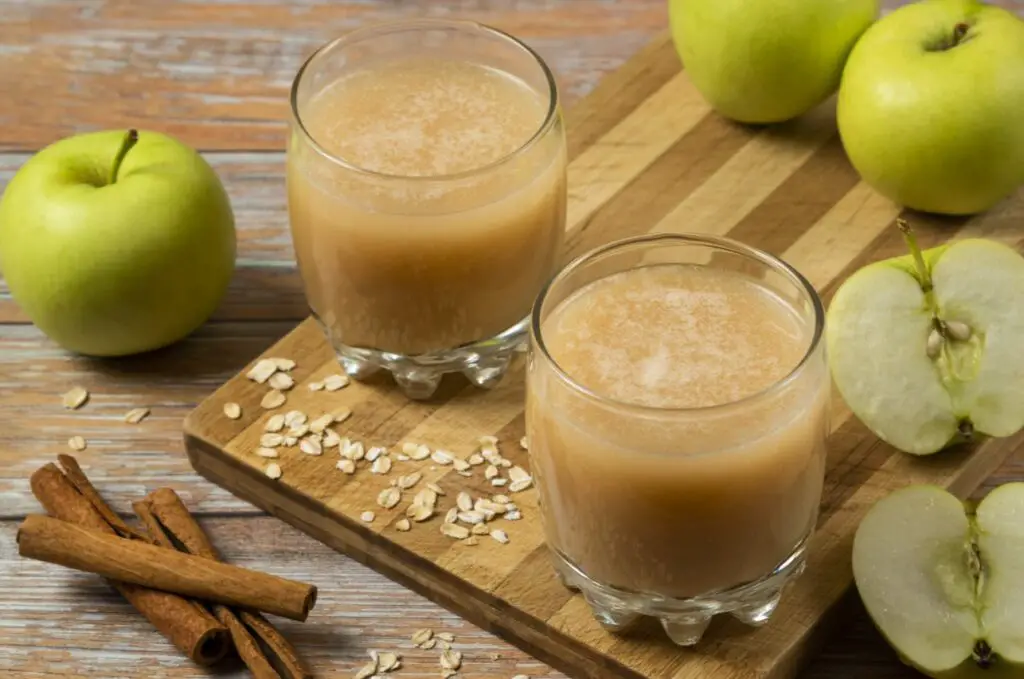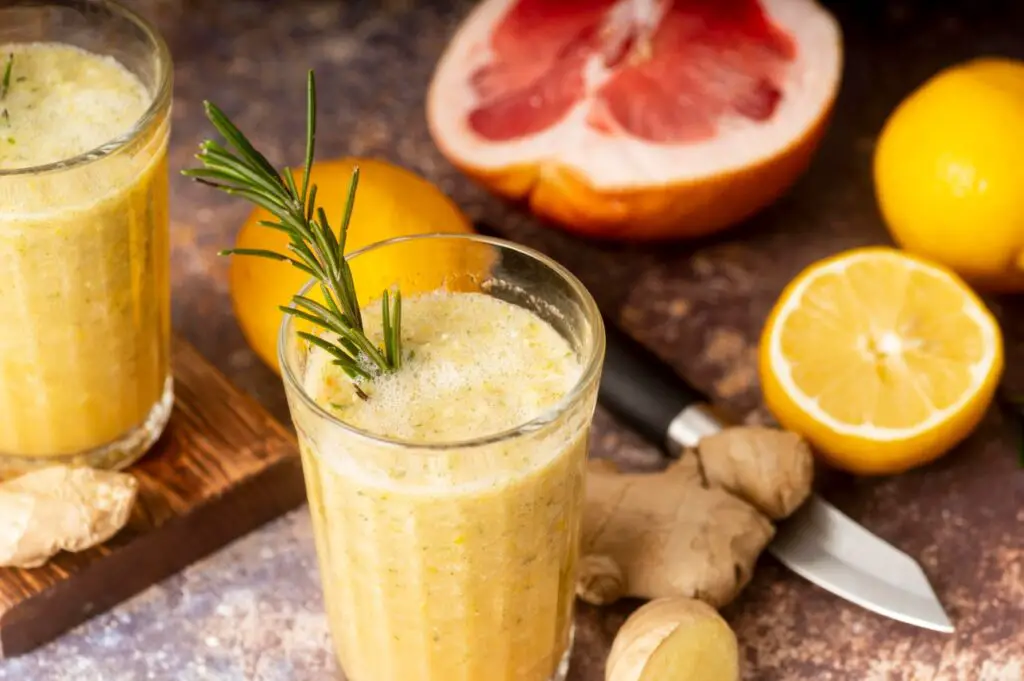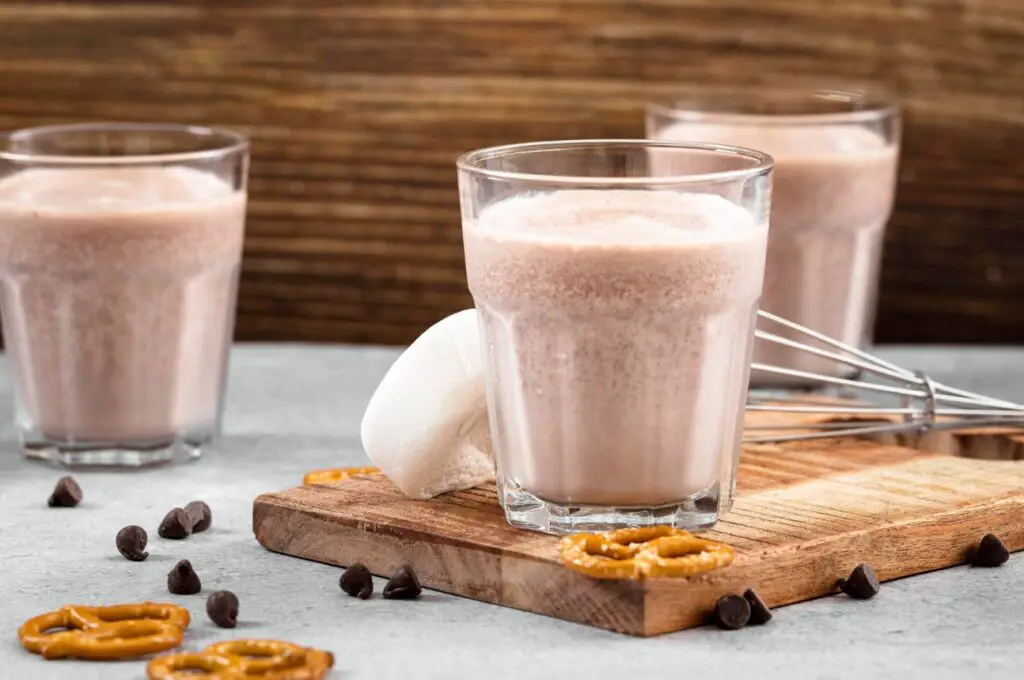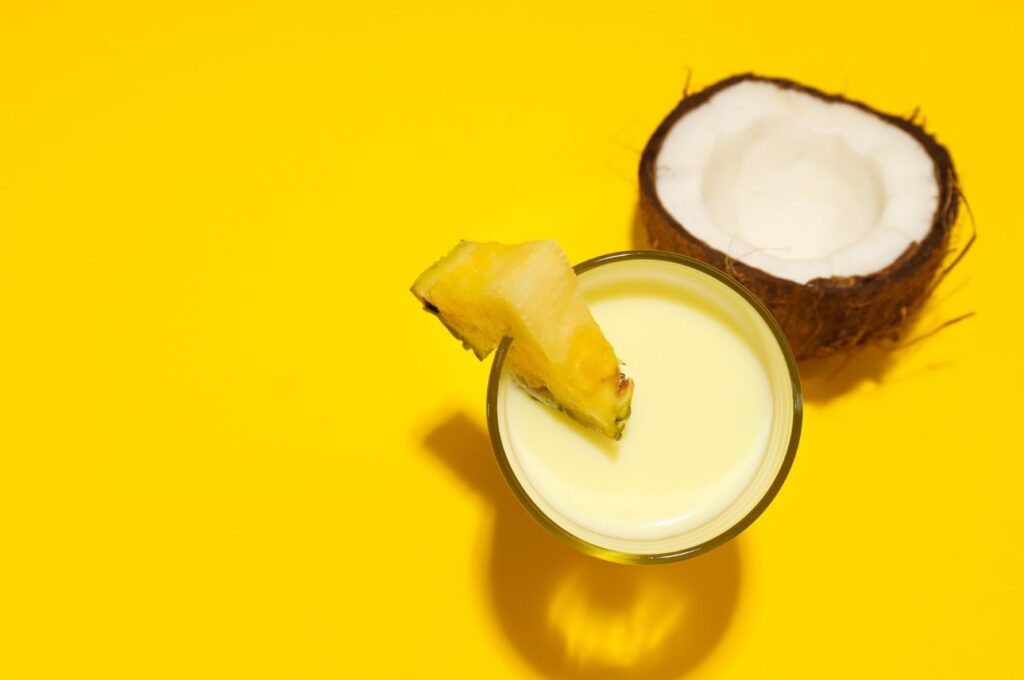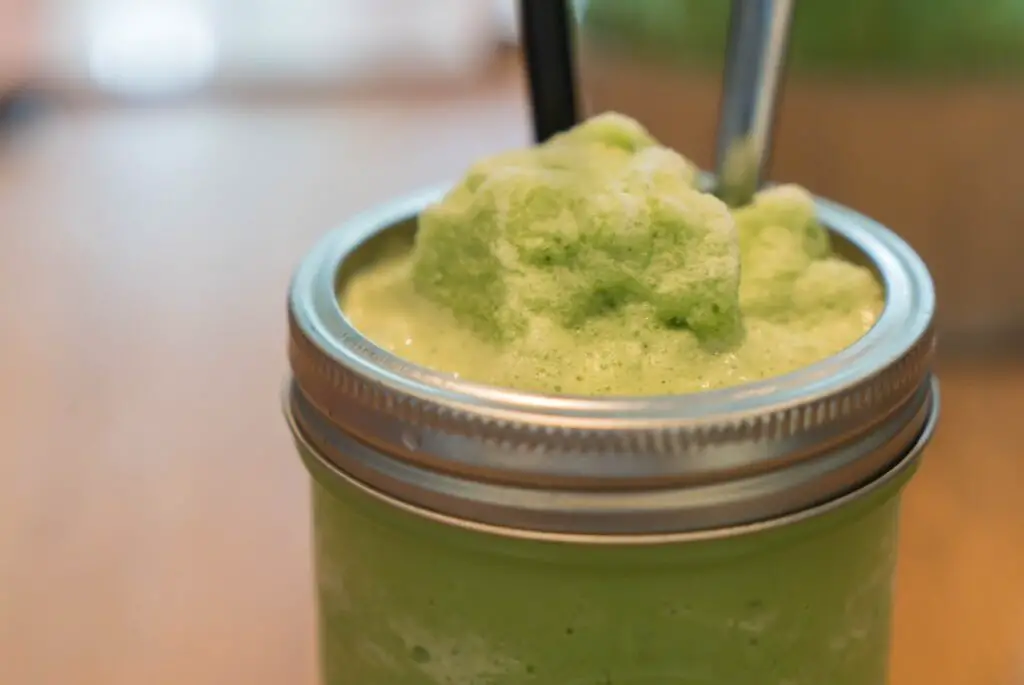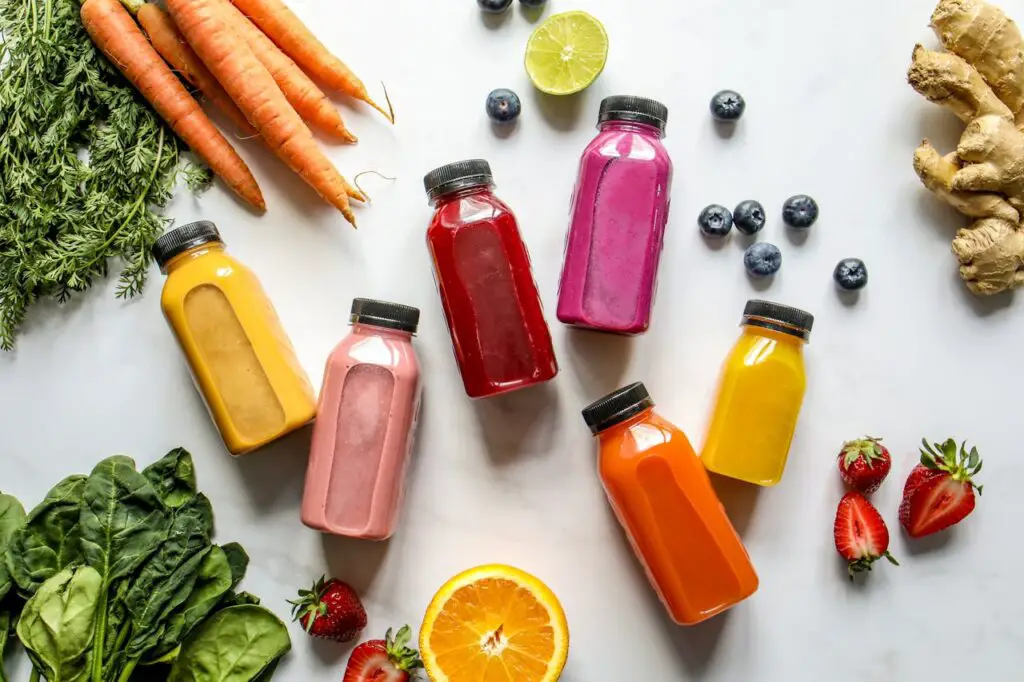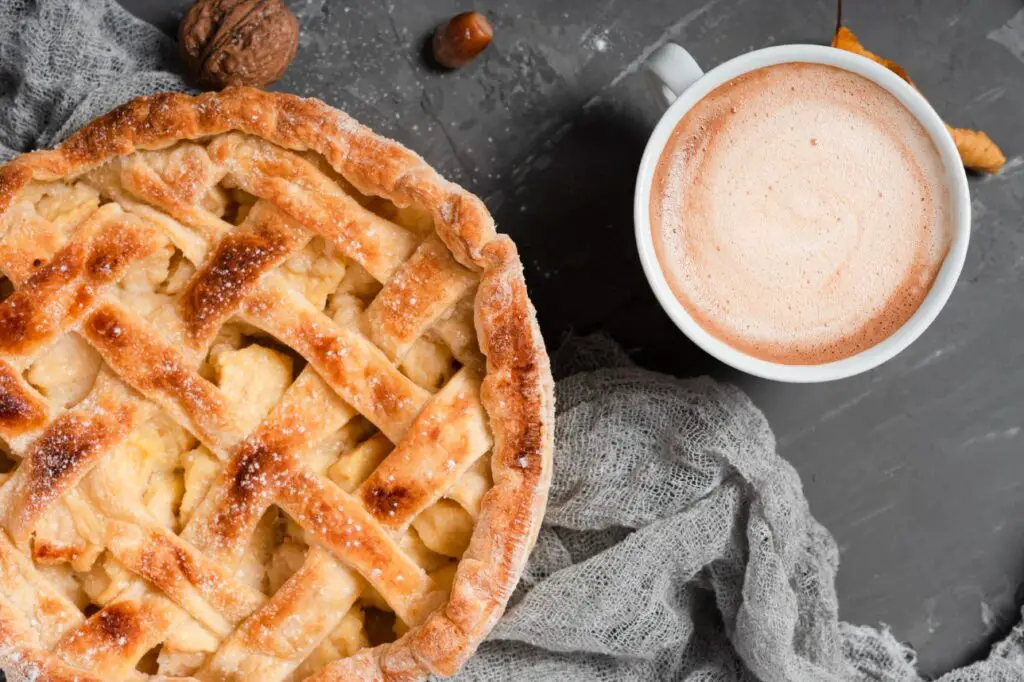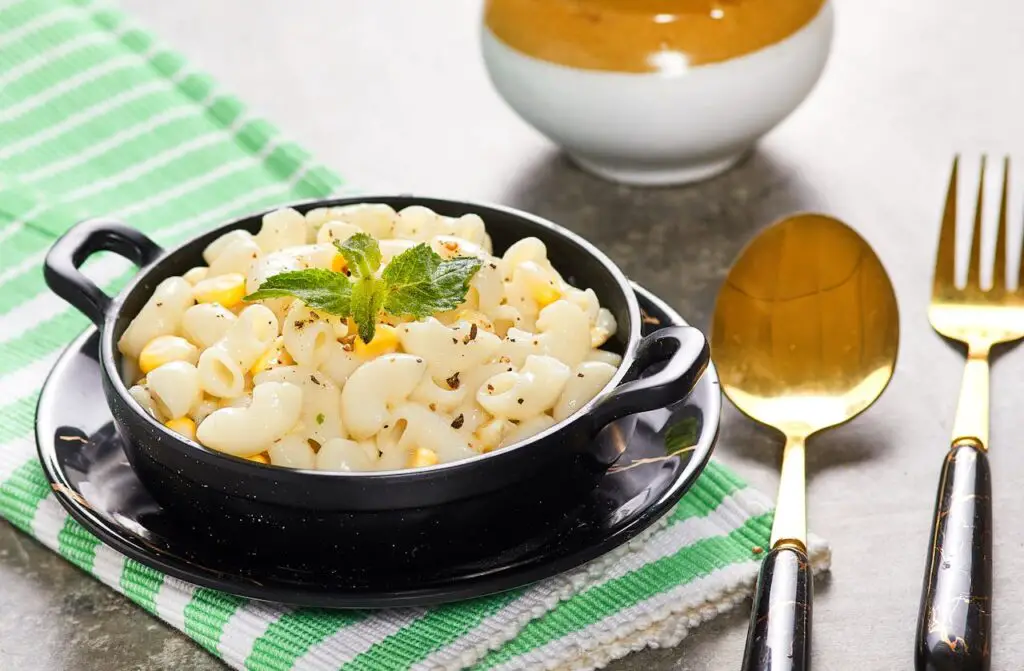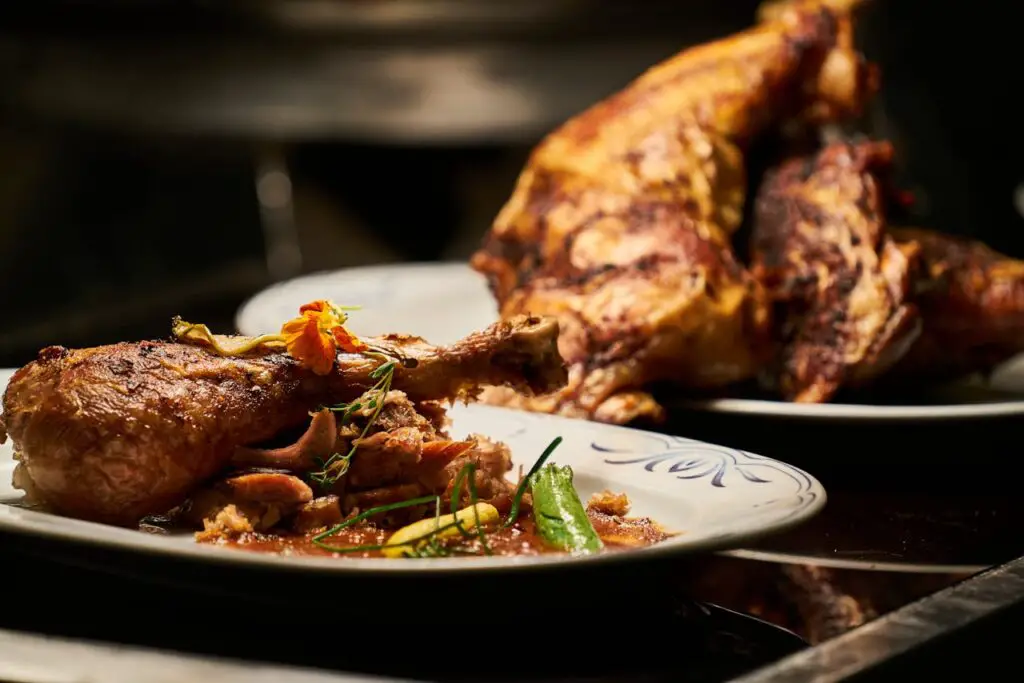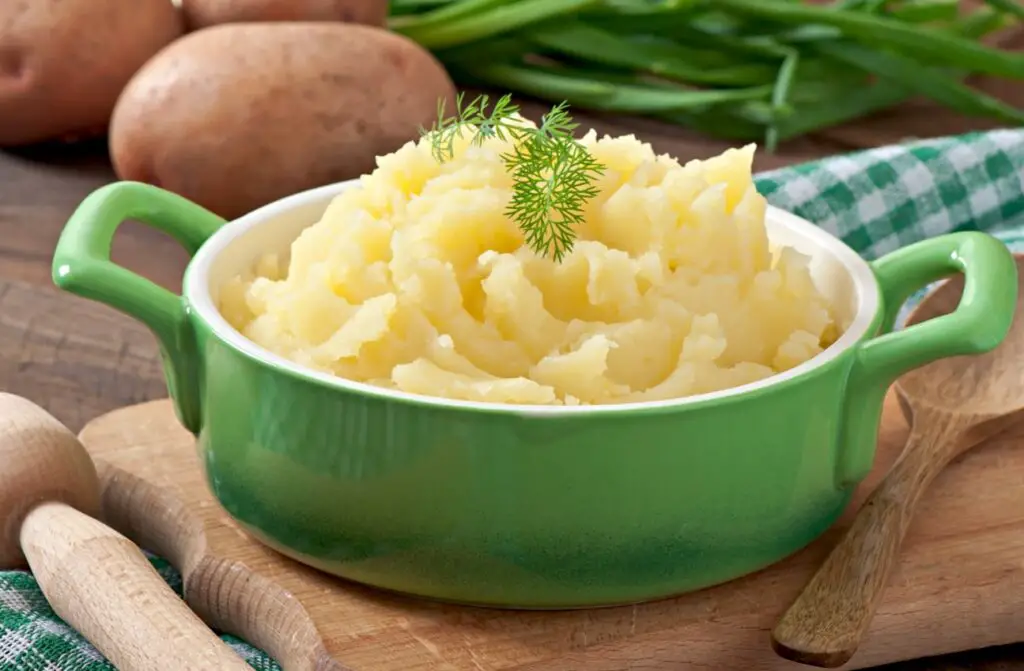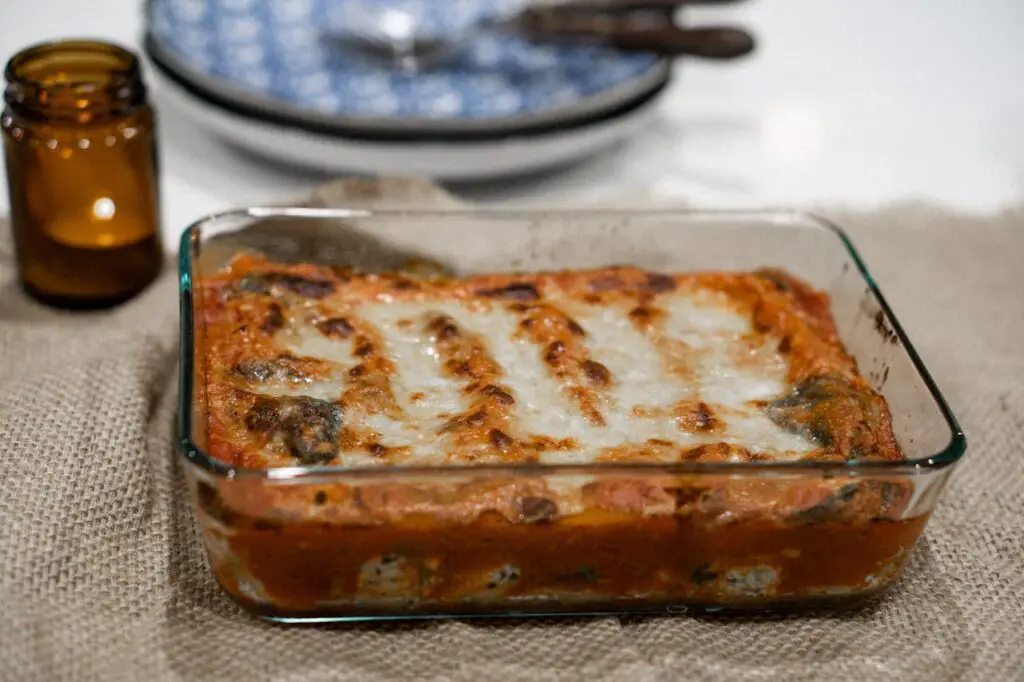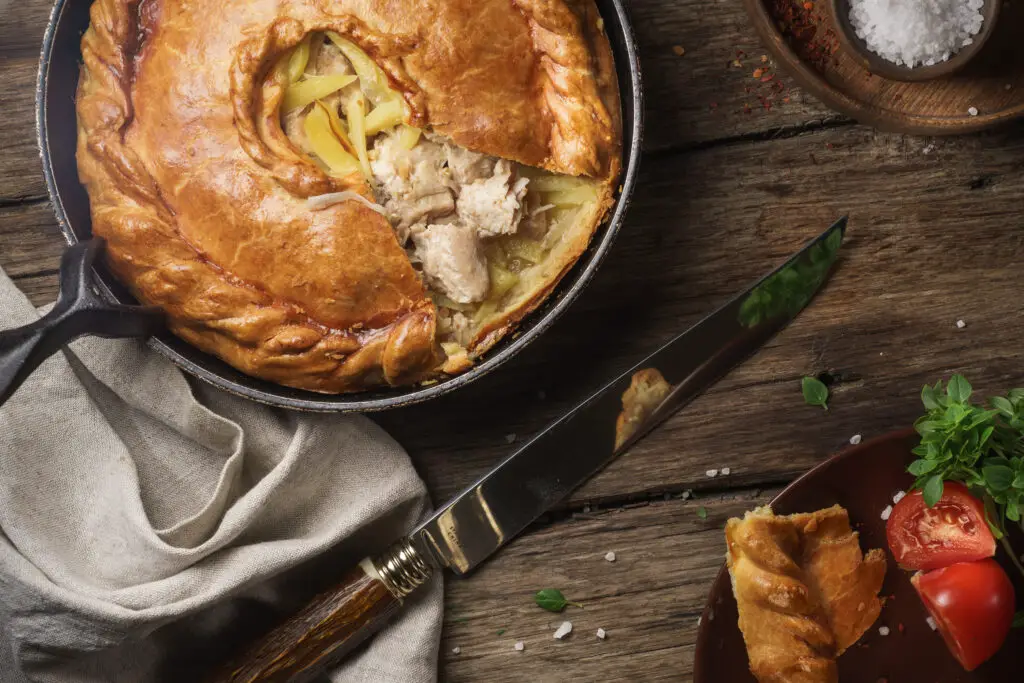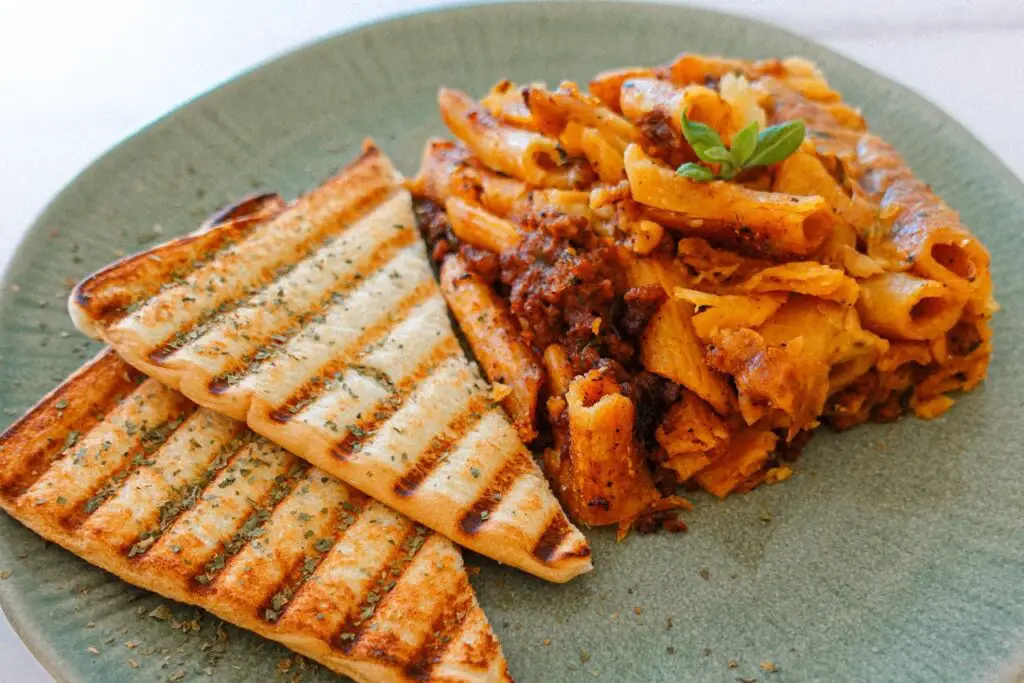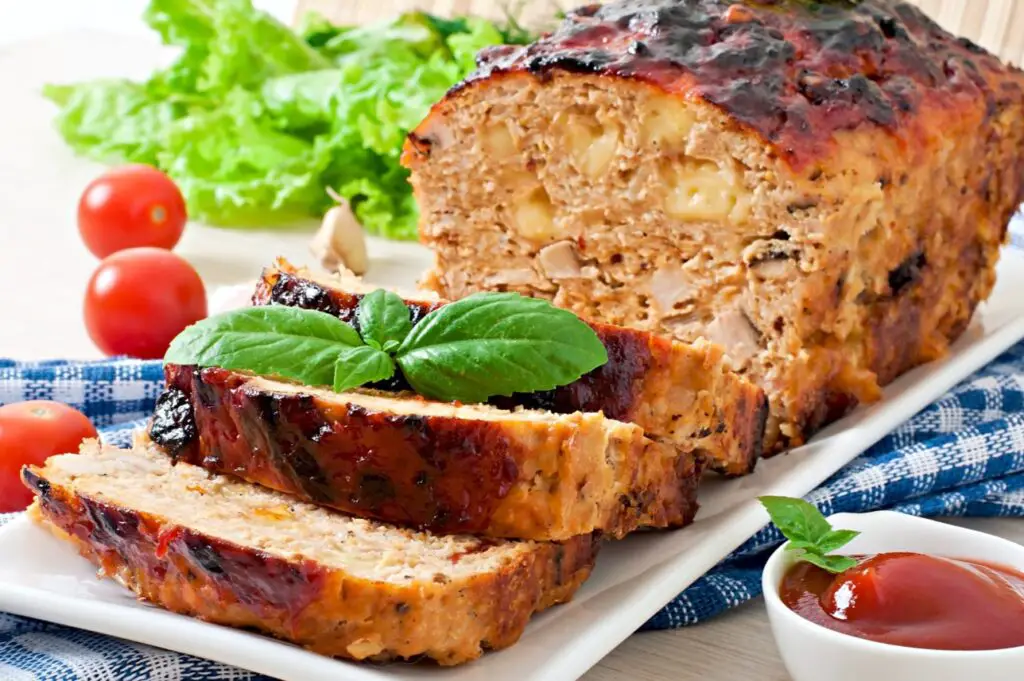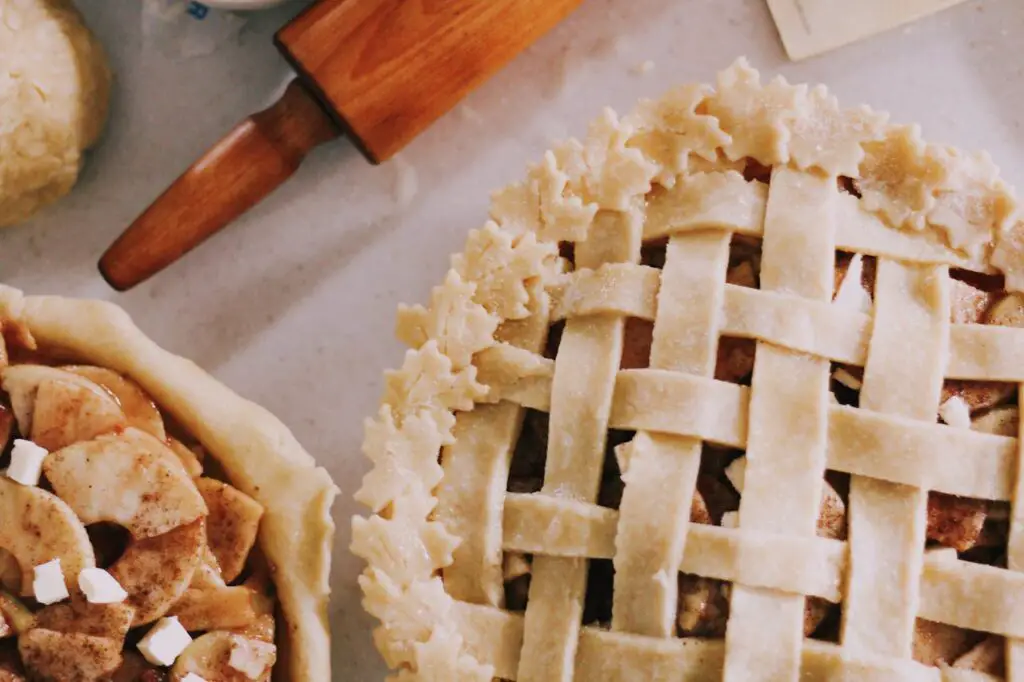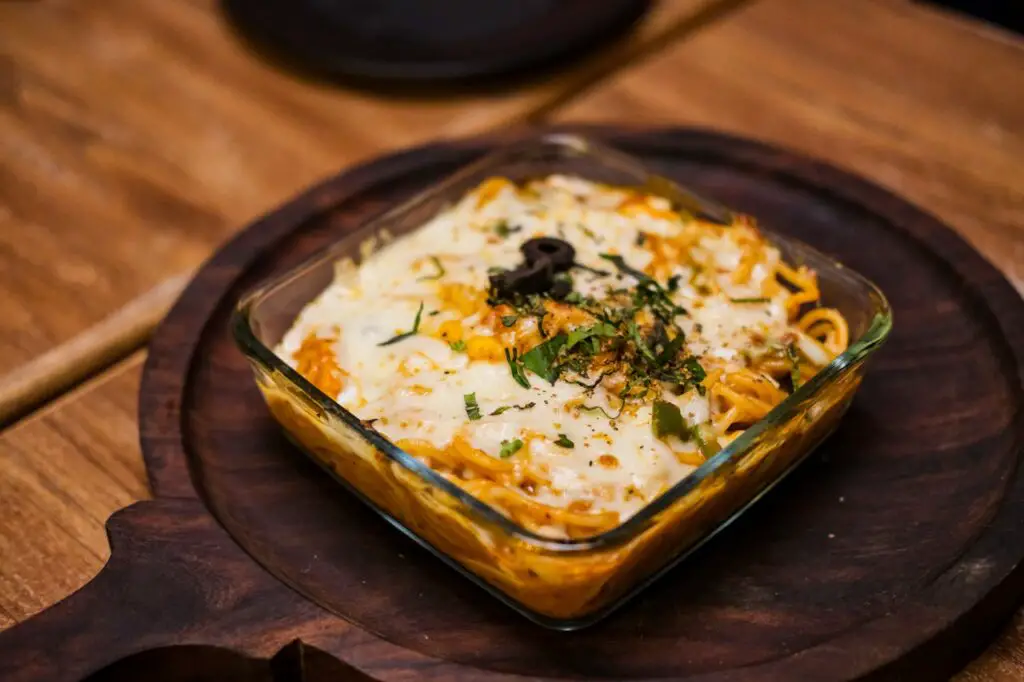10 Stylish Ways to Age Gracefully and Radiate Confidence

Aging is a beautiful journey, and with the right mindset, you can embrace each year with confidence, grace, and style. Aging gracefully is all about making choices that nurture your body, mind, and spirit, while also enhancing your personal style. You don’t need to fight the process—rather, you can embrace it and celebrate every stage with confidence. In this blog, we explore 10 stylish ways to age gracefully, from skincare to fashion and beyond, so you can continue to look and feel fabulous at any age.
1. Prioritize Skincare for a Healthy, Radiant Glow

Skincare is an essential part of aging gracefully. As your skin changes with age, it’s important to adjust your skincare routine to meet its evolving needs. Cleanse your face gently and avoid harsh chemicals that can strip away natural oils. Hydrate your skin with moisturizers that cater to your age group, and don’t forget to wear sunscreen daily, even on cloudy days. Sun protection is one of the simplest ways to prevent premature aging, including wrinkles, age spots, and fine lines. Include serums and treatments designed to rejuvenate your skin, and consider incorporating a retinol or vitamin C serum to brighten and firm your complexion. By investing in a proper skincare regimen, you’ll not only protect your skin but also maintain a healthy, glowing appearance.
2. Embrace Timeless, Classic Fashion Choices

Age should never limit your fashion choices, and timeless fashion is always in style. Invest in classic wardrobe staples that are both flattering and versatile, such as tailored blazers, high-quality jeans, and little black dresses. Opt for pieces that you feel comfortable and confident in, ensuring they fit properly and accentuate your best features. Focus on simple yet elegant outfits that can easily transition from day to night with minimal effort. For example, a well-cut blazer paired with trousers or a midi skirt can instantly make you feel polished without being overly trendy. Embracing classic fashion over fleeting trends will help you build a timeless wardrobe that keeps you looking stylish year after year.
3. Keep Your Hair Healthy and Stylish

Your hair is one of the first things people notice, and it plays a key role in how you present yourself. As you age, it’s important to keep your hair healthy and styled in a way that suits your features. Regular trims will keep your hair looking fresh, while nourishing treatments like deep conditioners can help maintain softness and shine. Experiment with different styles that flatter your face shape and lifestyle. If you’re going gray, embrace it! There are many ways to transition to silver locks, whether you decide to go all-in with gray hair or add highlights to complement your natural color. Consult a hairstylist for advice on what cut and color best suit you, and remember, a great hairstyle will boost your confidence and complement your overall look.
4. Stay Active and Prioritize Your Health

Aging gracefully isn’t just about looking good—it’s also about feeling good. Staying active is a key part of maintaining both your physical and mental health as you age. Regular exercise, such as yoga, walking, swimming, or strength training, helps improve flexibility, muscle tone, and overall well-being. It also promotes better sleep and reduces stress. Along with exercise, make sure you’re eating a balanced diet full of nutrient-rich foods that support your health, such as leafy greens, lean proteins, and healthy fats. Drinking plenty of water is essential too! Maintaining a healthy lifestyle keeps you energized, vibrant, and confident, which is essential to aging with style.
5. Embrace Your Unique Features and Practice Self-Love

True style comes from within. One of the best ways to age gracefully is to embrace your unique features and practice self-love. Aging means changes, but rather than focusing on perceived imperfections, learn to appreciate the qualities that make you unique. Maybe your smile lines are a testament to a life well-lived, or your gray hair shows wisdom and experience. Celebrate these changes! Confidence is magnetic, and when you love yourself for who you are, it radiates outward. Start by acknowledging the parts of your appearance that make you feel proud and beautiful, and let go of the pressure to conform to unrealistic beauty standards. Confidence in your own skin is the ultimate accessory.
6. Subtle Makeup for a Polished, Natural Look

While you may prefer a more natural look as you age, makeup can still enhance your features and make you feel polished. Focus on light, breathable products that allow your skin to shine through. A tinted moisturizer or lightweight foundation helps even out your complexion without looking heavy. A touch of mascara can open up your eyes, and a soft blush adds a healthy, youthful glow. Don’t forget the importance of well-shaped eyebrows—full, well-groomed brows frame the face and can make you appear more youthful. For your lips, go for subtle shades like rose or nude to complement your natural beauty. The key is to enhance what you already have, not to mask it.
7. Cultivate a Positive and Confident Mindset

Confidence isn’t just about how you look on the outside; it’s about how you feel on the inside. Cultivating a positive mindset is essential for aging gracefully. Instead of seeing aging as something to be feared, view it as an opportunity to grow, evolve, and embrace new experiences. Practice gratitude daily, focus on the things that make you happy, and engage in activities that nourish your soul. A positive attitude can help you navigate challenges with grace and ease, while boosting your overall well-being. Confidence comes from within, and when you feel good about yourself, it shows in everything you do. Surround yourself with positive influences, and seek out people who uplift and inspire you.
8. Choose Footwear That is Both Stylish and Comfortable

As we age, comfort becomes more important when it comes to footwear, but that doesn’t mean you have to sacrifice style. Opt for shoes that provide support without compromising on fashion. Look for comfortable flats, stylish sneakers, or supportive heels that offer cushioning and arch support. Brands today offer footwear options that combine both style and function, so you don’t have to choose between the two. Pay attention to how your shoes feel—if they pinch or cause discomfort, they’re not worth the stylish look. Well-chosen footwear can make a big difference in your overall look, ensuring you feel comfortable and confident as you walk through life.
9. Maintain Good Posture to Boost Confidence

Good posture is one of the easiest ways to instantly appear more confident and graceful. Slouching not only makes you look older but can also lead to back pain and other issues. Practice standing tall, shoulders back, and chin up. This simple change can improve your appearance, make you feel more energetic, and even contribute to better health. Additionally, good posture exudes confidence and helps you appear more poised. Incorporating posture exercises into your daily routine, like yoga or Pilates, can strengthen the muscles that support your spine, leading to a more confident stance and a better overall look.
10. Focus on Inner Wellness and Self-Care

True style and confidence come from nurturing your body, mind, and spirit. Take time each day to prioritize self-care, whether that means indulging in a relaxing bath, practicing mindfulness, or simply resting when you need to recharge. Engage in activities that bring you joy and foster a sense of well-being, such as painting, journaling, or spending time in nature. Engaging in regular meditation or mindfulness practices can also reduce stress and help you maintain a calm and centered demeanor. When you feel balanced on the inside, it shows on the outside, helping you age with grace and confidence.
Final Thoughts

Aging is a beautiful part of life, and with the right approach, you can age gracefully with confidence and style. By prioritizing skincare, embracing timeless fashion, staying active, and cultivating a positive mindset, you’ll feel empowered to embrace each year with grace. Remember, confidence comes from within, and when you feel good in your own skin, it shines through in every aspect of your life. So, age with confidence, embrace the journey, and continue radiating beauty at every stage of your life.










